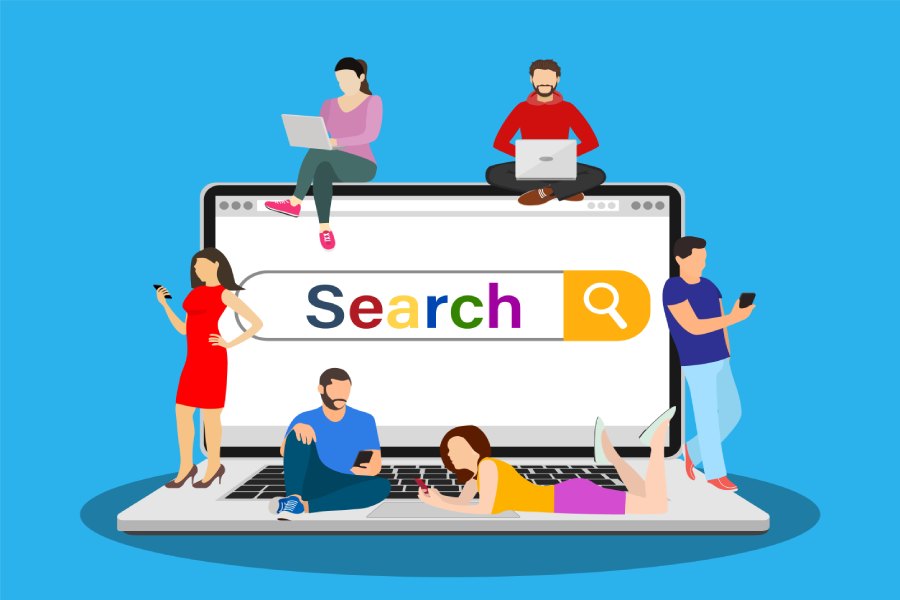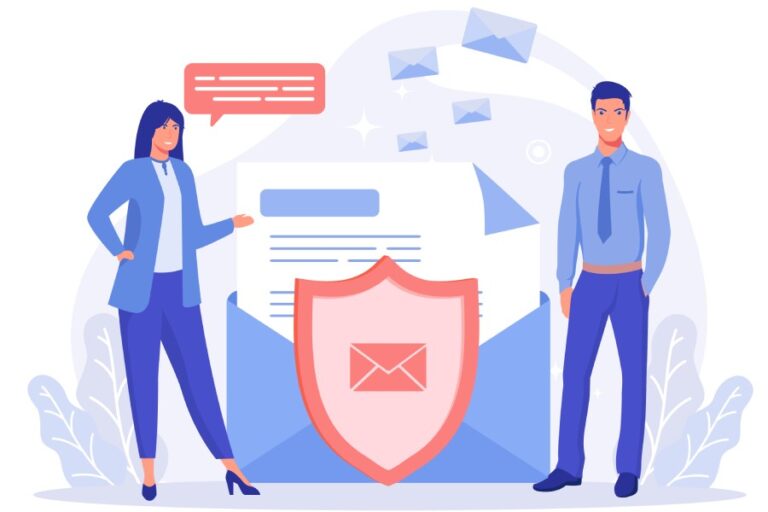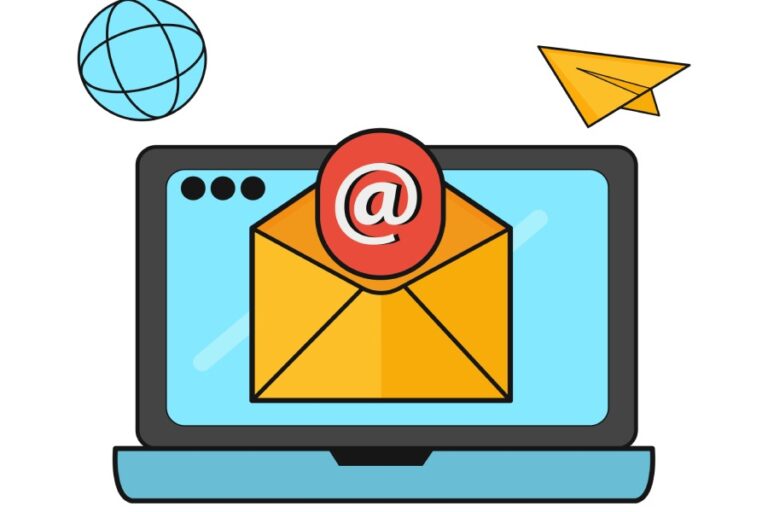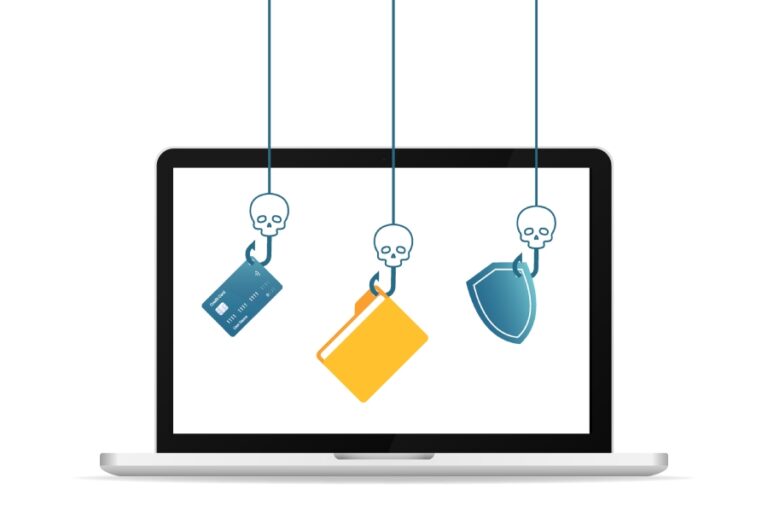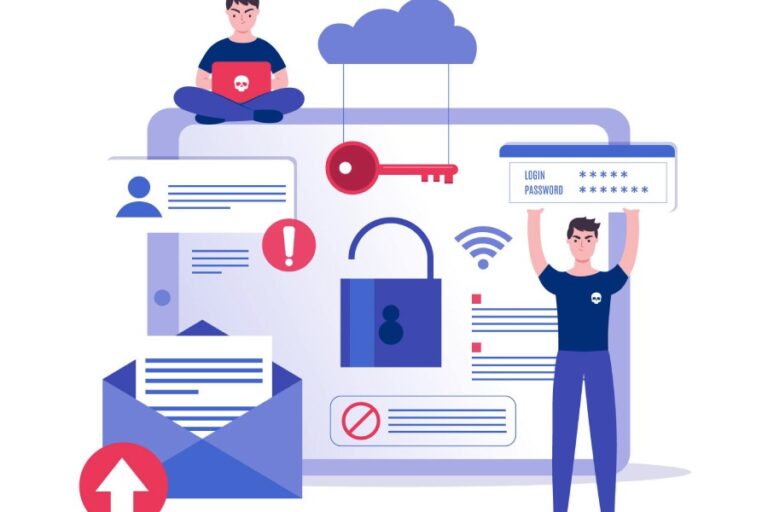How Will Google and Yahoo’s New Sender Requirements Impact European Businesses?

It was not long ago that Google and Yahoo revamped their sender policies and made best practices a mandatory requirement. For instance, until October 2023, measures like implementing email authentication protocols—SPF, DKIM, and DMARC were “nice to have.”
However, starting in February 2024, authenticating their domains with these protocols is no longer an option but a norm that organizations must comply with.
Well, this strategic move by two major email service providers has not been inconsequential. It has not only changed the course of the cybersecurity domain but also altered the way businesses operate and perceive cybersecurity, especially in the European market.
In this article, we’ll examine all the ways Google and Yahoo’s new sender requirements will impact European businesses.

Extra Emphasis on Authentication and Security
It goes without saying that Google and Yahoo’s new norms are more than just a policy shift; they are a call to action. Wondering why? While earlier businesses could have afforded to overlook email authentication, doing so now can cost them their credibility, deliverability, and, ultimately, their bottom line.
A heft price to pay, isn’t it?
The thing is, implementing email authentication tools like SPF, DKIM, and DMARC isn’t just about playing by the rules. It is important to understand that within the framework of the new requirement, the emphasis on security extends beyond just verifying the sender’s identity. It covers a broader objective— to combat phishing, malware, and other malicious activities.
The extra emphasis on authentication and security is a reflection of the times we live in, where digital interactions are fraught with potential threats. In this vein, European businesses must now be vigilant in their email practices, ensuring that they not only send authenticated emails but also scrutinize incoming messages for potential threats.
Technical and Financial Considerations
We have already established that the new policy update opens new avenues for implementing robust security measures. Well, this sounds promising in theory, but is it as viable as it sounds in practice?
While implementing SPF, DKIM, and DMARC might appear to be a step in the right direction toward securing email communications and enhancing deliverability, the road might not be as straightforward as we think. Whether it is a big or small organization, given the complexities of these tools, authenticating your domain can be a tricky task. Businesses may need to overhaul their email-sending infrastructure to ensure compliance, which could lead to increased IT expenditures and operational adjustments.
But can smaller players in the European market afford to revamp their email infrastructure?
Apart from financial considerations, there are technical ones as well. Implementing these authentication measures can be a daunting task for businesses, particularly small and medium-sized enterprises. It requires a sound understanding of one’s DNS (Domain Name System) records and the technical know-how to modify these records correctly without disrupting existing services. The thing is, these small businesses hardly have a dedicated team to cater to such complexity.
While we understand these concerns, let’s kick off this new policy by embracing these technical challenges that come with long-term benefits, such as improved sender reputation, higher engagement rates, and enhanced customer trust.
Adhering to GDPR and other Data Privacy Regulations
You might be aware of the stringent data privacy laws of Europe. If not, let us take you through the basics and delve deeper into how the new policies by the major mail service providers clash with the local data protection laws in Europe.

The EU General Data Protection Regulation (GDPR) is the strongest privacy and security law in the world that gives individuals more control over their personal data. The complexities arise when other data privacy regulations, particularly the implementation of DMARC, come into the picture.
It is needless to say, aligning with the latest email standards set by tech giants while respecting GDPR’s strict data privacy regulations is a key concern for businesses in Europe. Playing by the GDPR rule book, before a business can send marketing emails or track if people open them, they must get clear permission from the people receiving those emails. As per Google and Yahoo, now that DMARC enforcement is necessary, navigating the reporting and data handling bit can be in conflict with GDPR’s strict rules on personal data privacy.
How do companies deal with such a dilemma? They need to find a smart way to secure their emails with DMARC, especially when it comes to managing email lists and engagement tracking, without crossing the lines set by GDPR.
If we were to pick one thing that businesses across Europe should take away from the monumental shift, it is that cybersecurity is no longer a one-time endeavor, it is a commitment to safeguarding the email ecosystem from malicious threats.
Undeniably, the enforcement of these policies marks a significant shift in how businesses approach email communication. We understand that following the updated policies might not be as seamless as one might expect, but it is a pivotal move that businesses in Europe and across the globe should take to build a more secure and trustworthy digital ecosystem. As daunting as these changes may seem, with the right tools, guidance, and mindset, your business can overcome any pitfall, including technical and compliance challenges, in an ecosystem brimming with grave cybersecurity threats.
Are you ready to make cybersecurity an ongoing priority for your business? We at DMARCReport stay ahead of the industry’s changing dynamics and can help you lead your business toward a more secure future. By partnering with us, you can ensure that your email communication practices not only comply with industry standards but also contribute to a more secure and trustworthy digital environment for your customers.
From blocking malware and phishing attacks to giving comprehensive insights into your email ecosystem and DMARC reports, you can trust our team of trained professionals to take care of it all.
To learn more about which service would best suit your business or gain a sneak peek into our wide range of services, head over to our website today!

